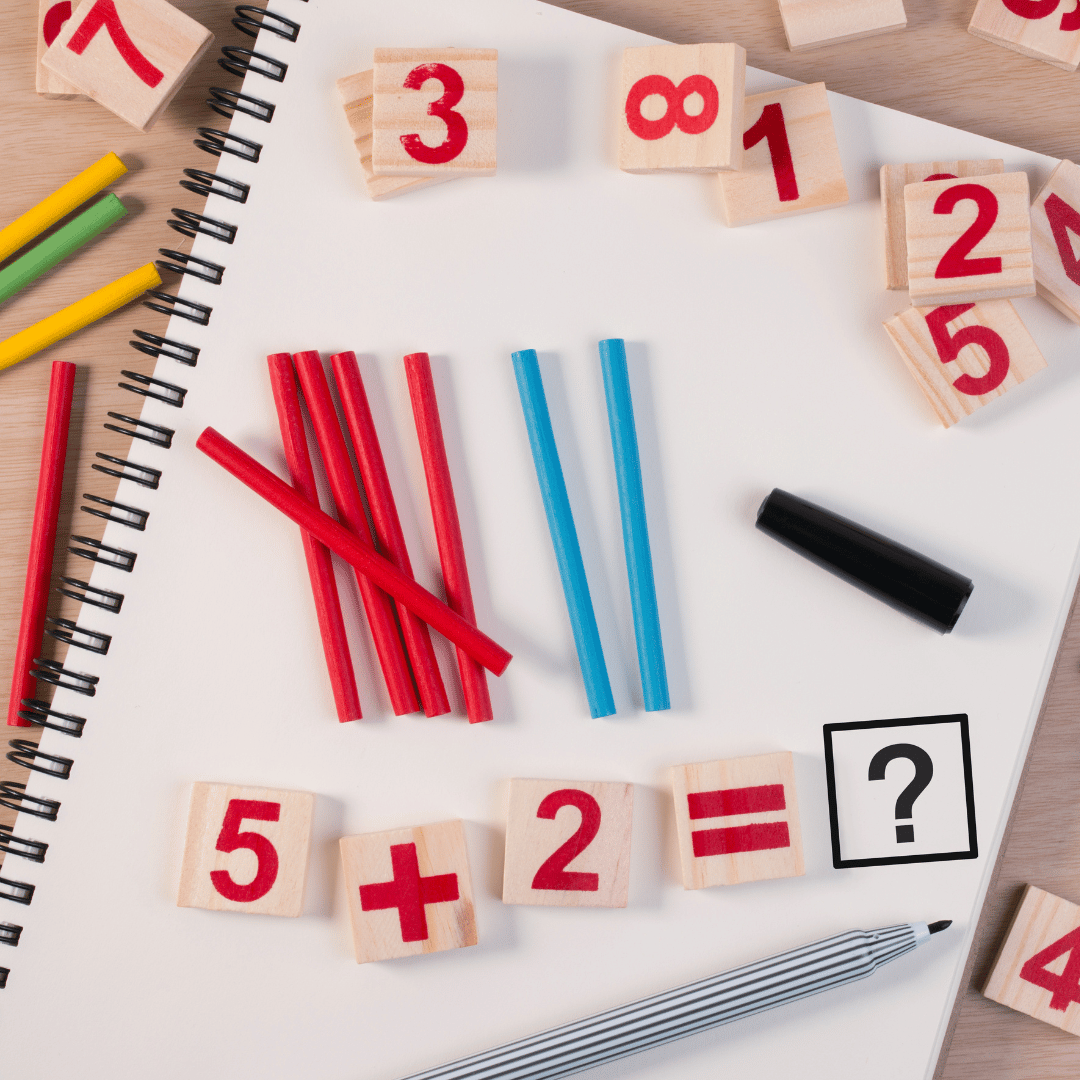I was talking to a seasoned teacher from one of the best district schools in Massachusetts and she said she was resolved that standardized tests will be here forever and her kids will be fine. After pushing her to reconsider performance assessments that were more robust than standardized tests, that achievement gap issues that are only hinted at in standardized testing need our attention, and that other assessments that would more robustly include social-emotional evaluations and whole child policies, she rolled her eyes. Why would she change?
Successful Under the Standards Movement
One of the reasons she doesn’t have to change is that her children score very high on standardized tests—and they are at the top of the best scoring state in the nation. Her suburb-of-Boston district has very little diversity and less poverty than most districts. She has only one student who disrupts the agreed upon learning culture of the class, and the student has parents who have brought suit against the district for a variety of things. So her school is very successful under the 40-year old standards movement and she is happy to move the learning along in a historically acceptable way.
More Accurate Measurements
I started in on the inaccuracy of the current standardized testing movement and after the eye-rolls, I knew I wasn’t going to get anywhere today. But I am not giving up on the changes we need to make in measuring school districts and student performance because making important decisions based on single number test scores makes no sense to me. In fact, a whole child policy approach to testing, where we use performance assessments to evaluate more of the child’s abilities than just their ability to memorize a standardized curriculum, would help us more fully educate all of the different types of learners we welcome into our schools.
Application of Knowledge
In fact, the real need is not to just evaluate what students have memorized, but rather to gain a much more accurate diagnosis of, and a much more accurate measurement of, how they take information and use it to solve complex math problems, word problems, science problems and creative art problems. We need even good districts and schools to change so that more fully developed students gather information, apply it skillfully, and succeed in any environment.




